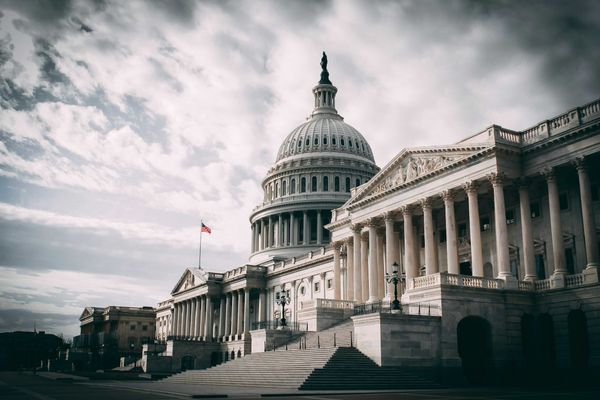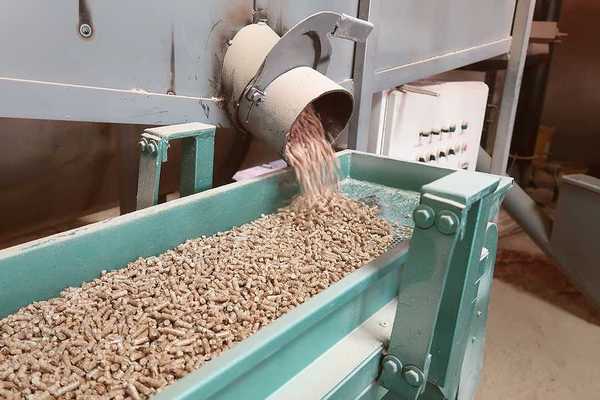chemical regulation
EPA limits consideration of health impacts from chemical and turbine rules
Recent EPA actions on perchlorate and gas turbines show a key shift in the agency’s regulatory approach.
UN chemical expert: 'There's pressure on EU from US to weaken regulatory controls'
Which of Trump’s upheavals in US science are likely to stick?
A future president could reverse many changes, but greater White House control of science agencies may be here to stay.
EPA funding salvaged in US Congress spending bill
The case for giving garments a passport
As part of the forthcoming Ecodesign for Sustainable Products Regulation, which is set to take effect in 2027, every garment sold in European Union member states will be required to carry a digital product passport: a scannable record that traces an item’s full lifecycle.
Trump’s EPA focus: Delay, rescind, dismantle environmental and health protections
For the first time in the agency’s 55-year history, Congress has ceded its responsibility to oversee the EPA to a single politician who sanctioned its “wholesale demolition,” former staff charge.
‘Everything is worse since Drax came here’: US residents say wood-pellet plant harming their town
Residents of Gloster, Mississippi, are suing plant that exports wood pellets to UK and Europe. Company says it is reducing emissions.
















